Europeans and colonialism
Around 1,000 BC, colonies were formed around the Mediterranean. Greek cities wanted to make money through trade. The Roman Empire colonised large areas of land and ruled over many people when their empire grew. The Vikings set up colonies in Ireland and in other places.
From the 16th century, European colonialism spread on a large scale outside Europe.
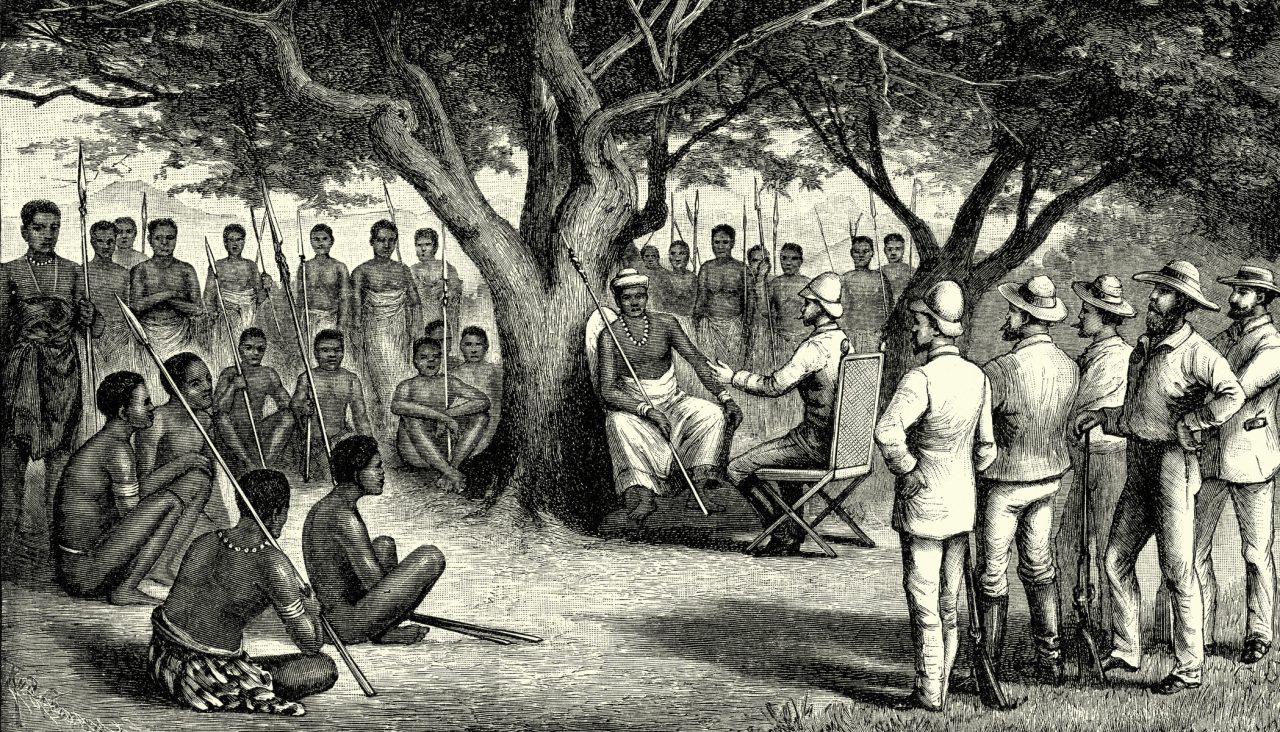
Illustrasjon fra 1800-tallet av et møte i Kongo mellom Europere og Afrikansk urfolk
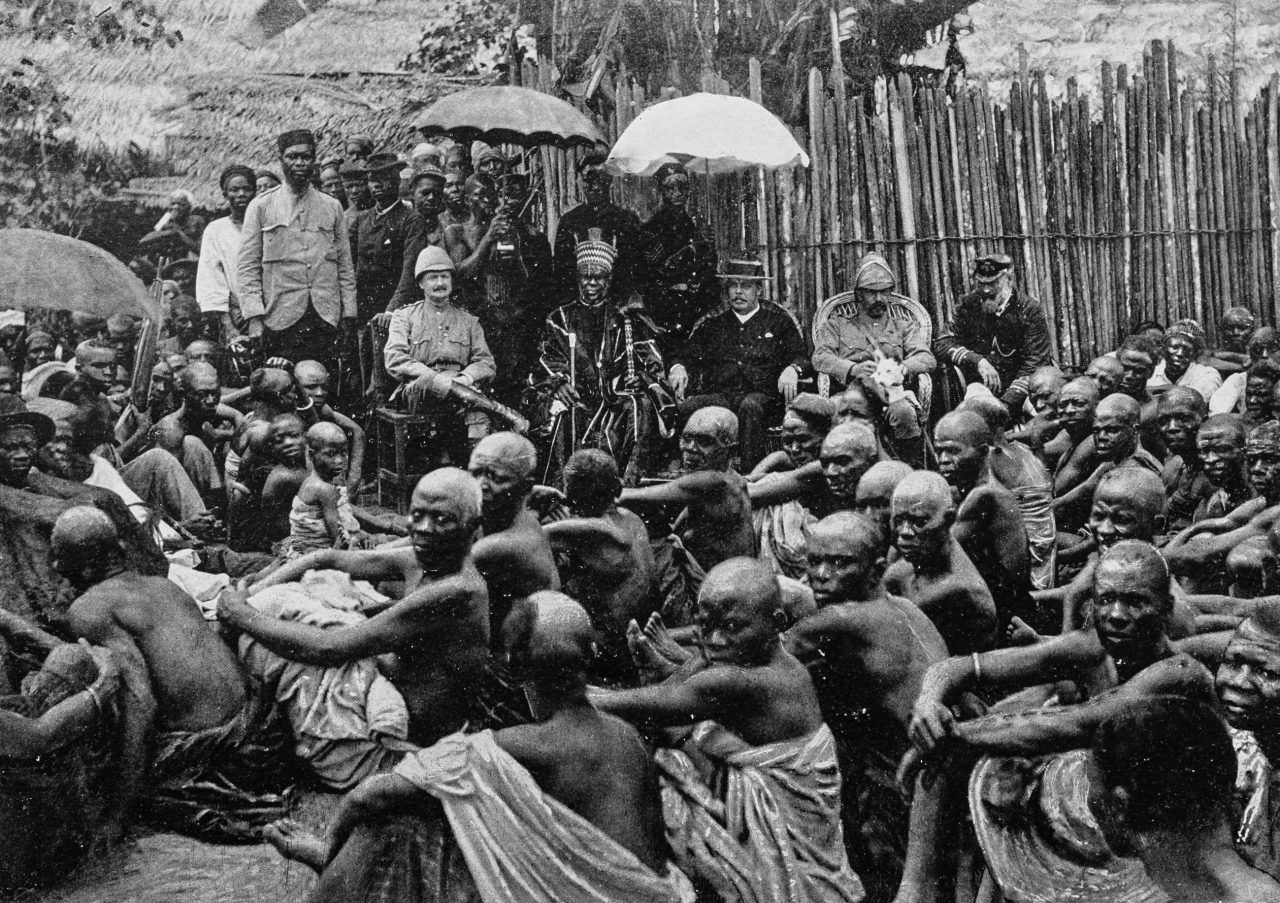
Antique photograph of the British Empire: Annexation of the territory of the king of Ado
The first phase
In the 16th century, European countries began to take control of areas in both South and Central America. This period lasted until the 19th century. During this period, slaves were brought from Africa for work. The main focus of this period was trade.
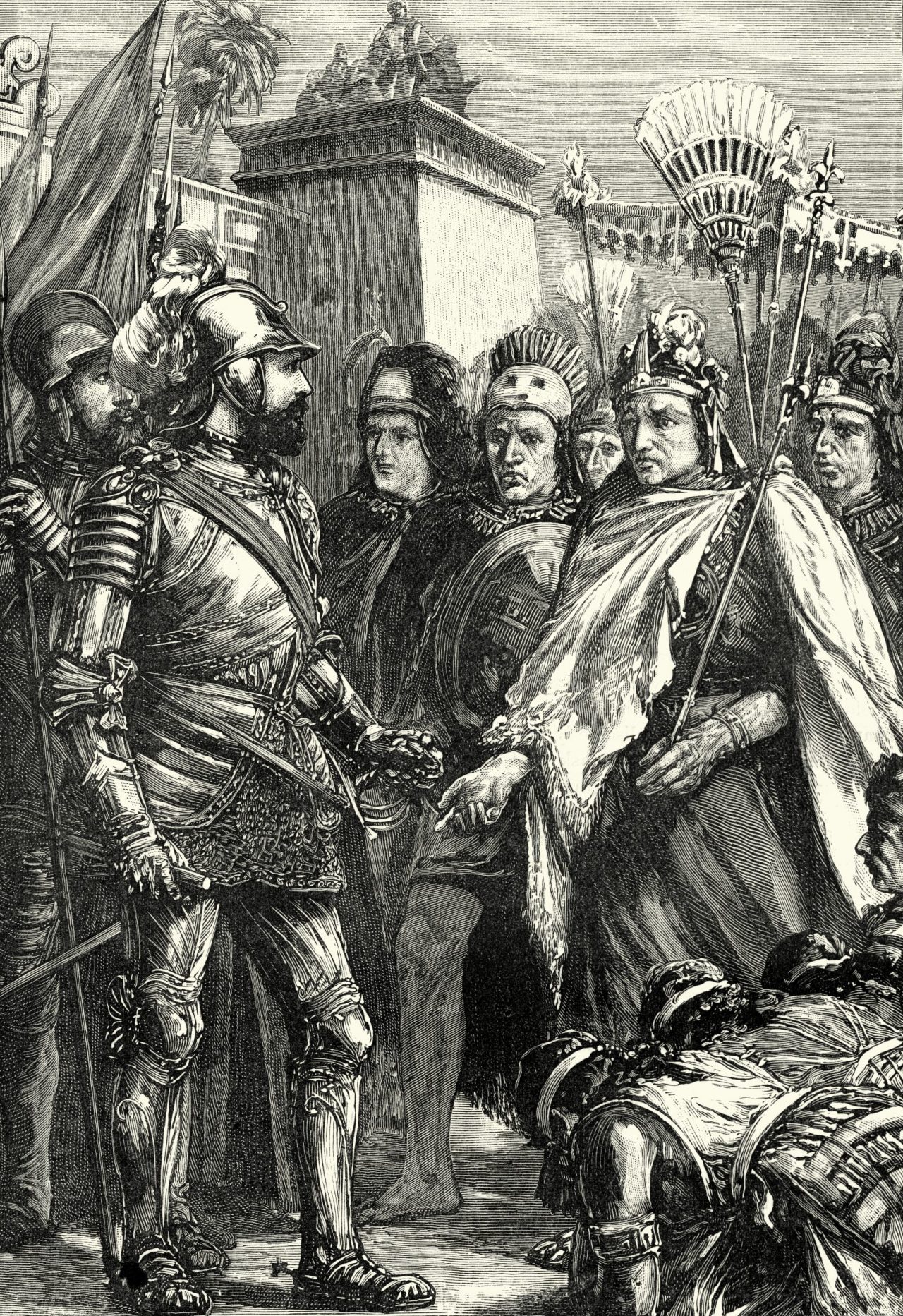
The second phase
The second phase started in the 19th century and lasted until 1914 when the First World War started. New countries joined the fight to control new land. There was a race to get the most colonies in Asia and Africa. This period is called Imperialism.
📷 Emperor Menelik II of Ethiopia opposed Italian colonisation at the end of the 19th century
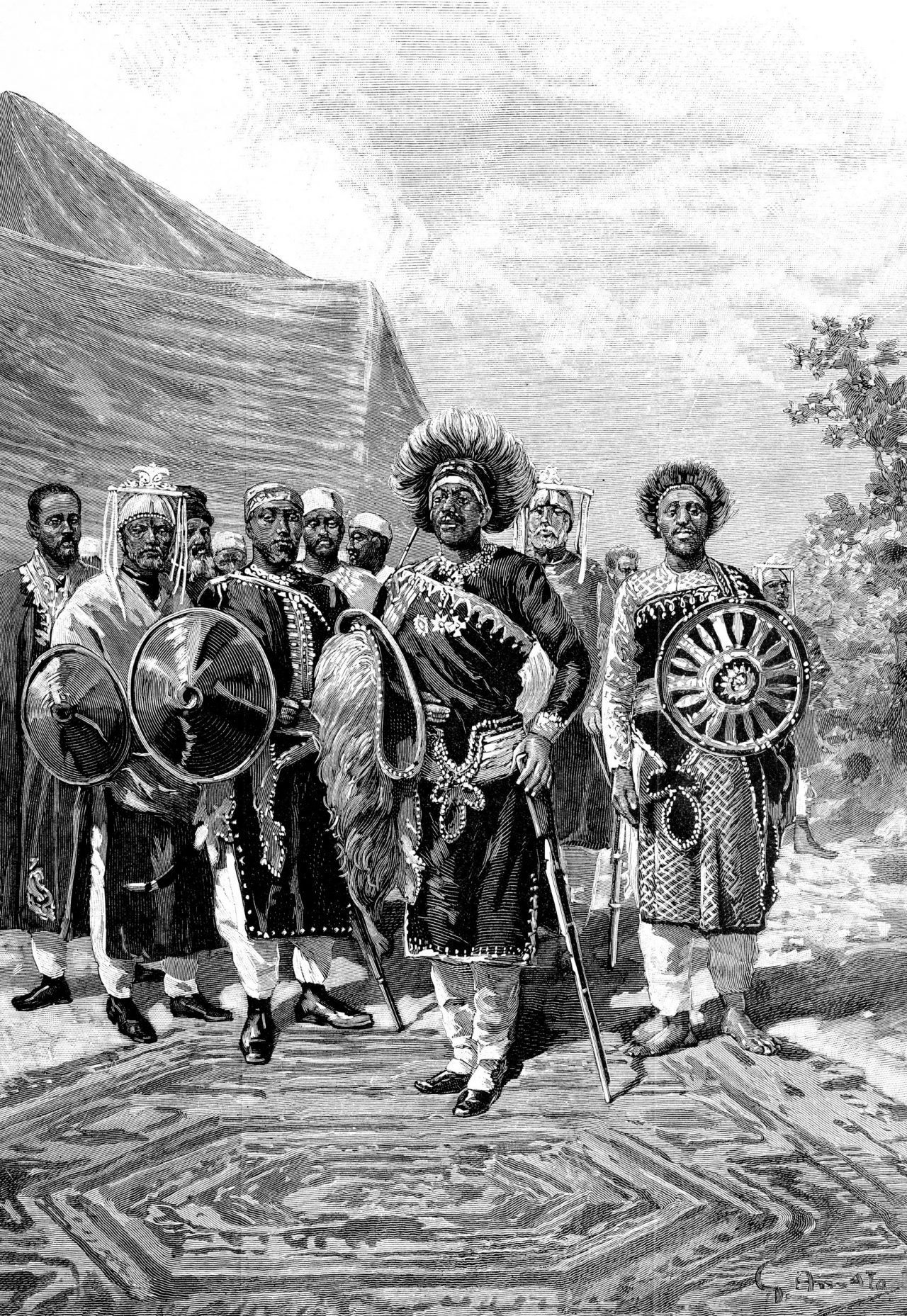
Decolonisation
Most colonies got their independence back when World War Two ended. In 1960 the UN decided that all colonies should get their freedom back, and they made it illegal to create new colonies.
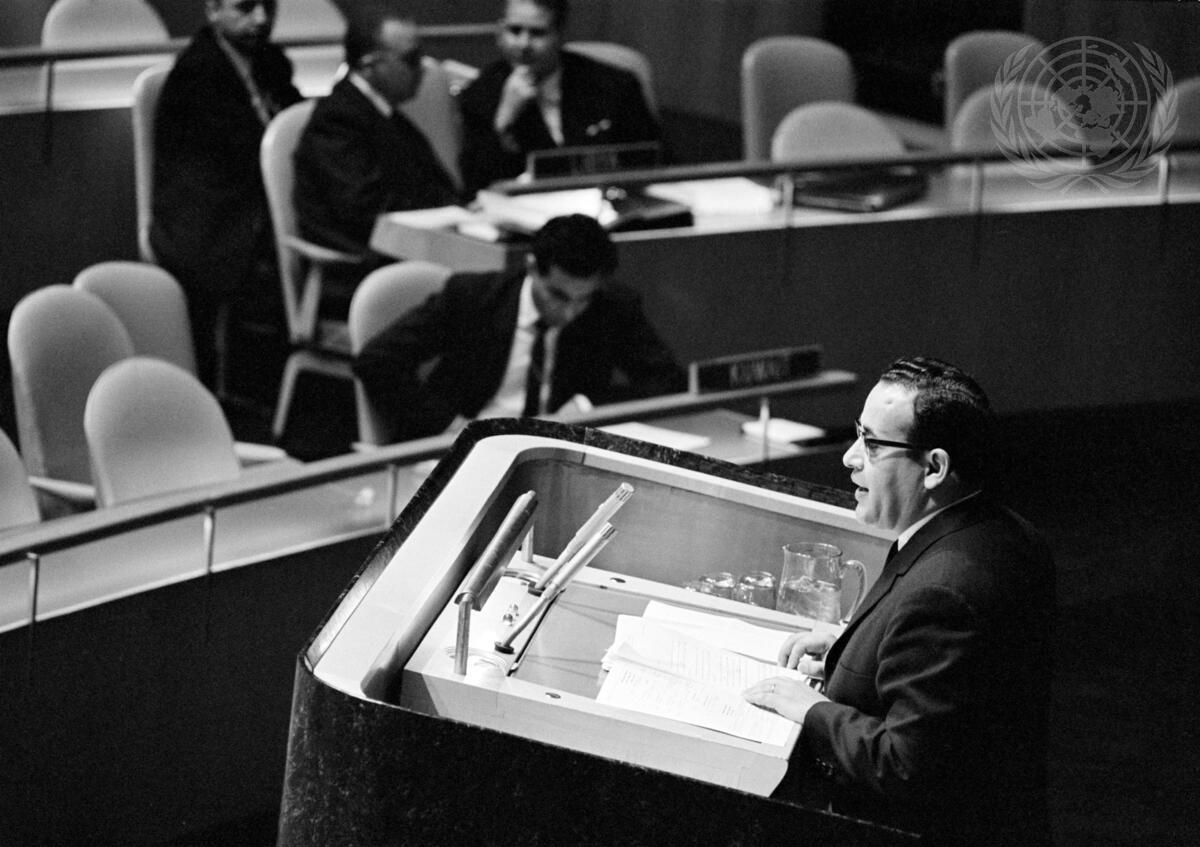
What happened to the colonies?
The colonies lost money when raw materials and goods were taken out of the country. The local people were not paid much for the goods, and it was hard for the old colonies to start industries and rebuild their economy when they became free.
Many people in the colony felt minor to the colonial power, and in many places the old traditions and culture had been set aside for those of the colonial powers.
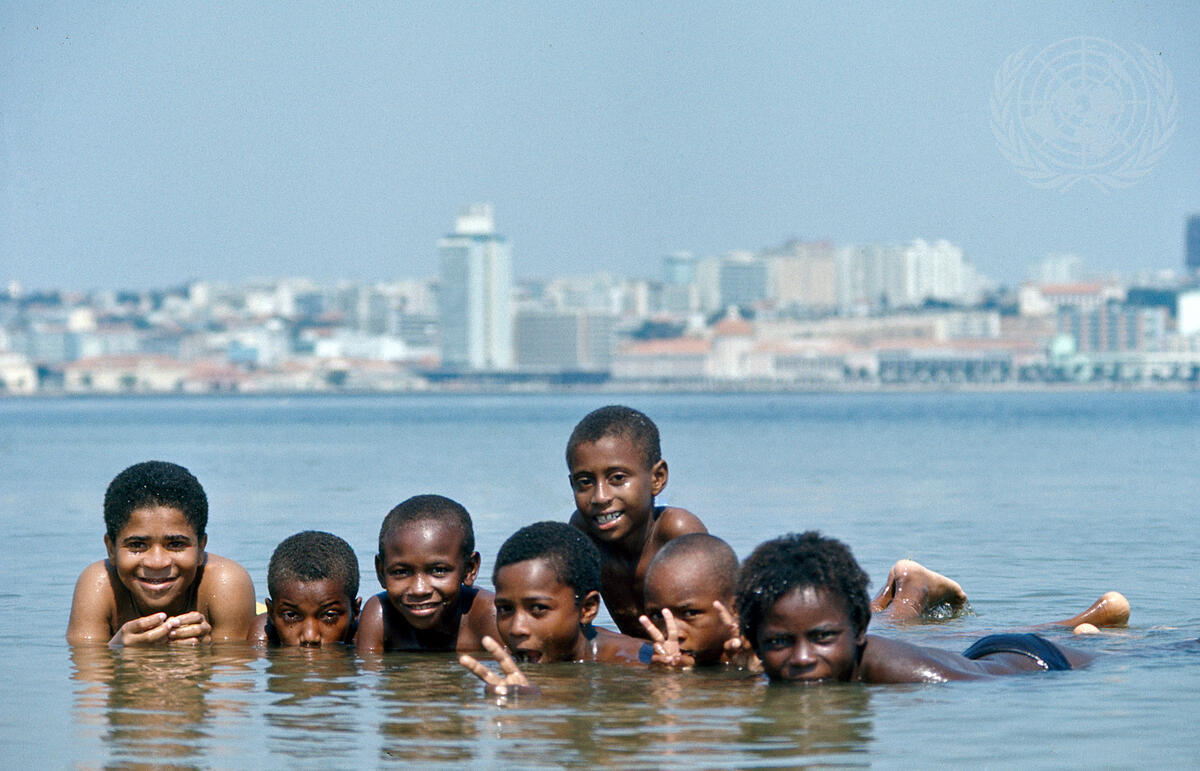
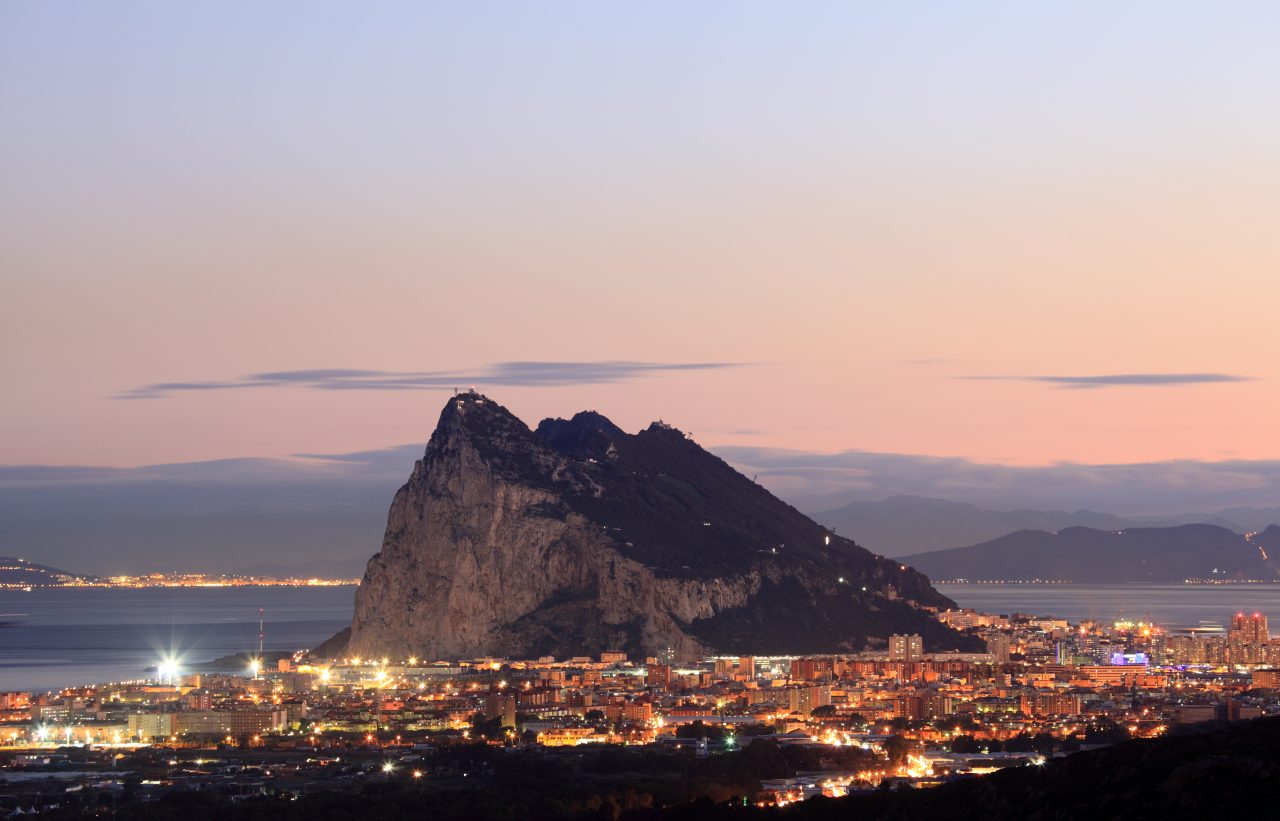
Gibraltarklippen
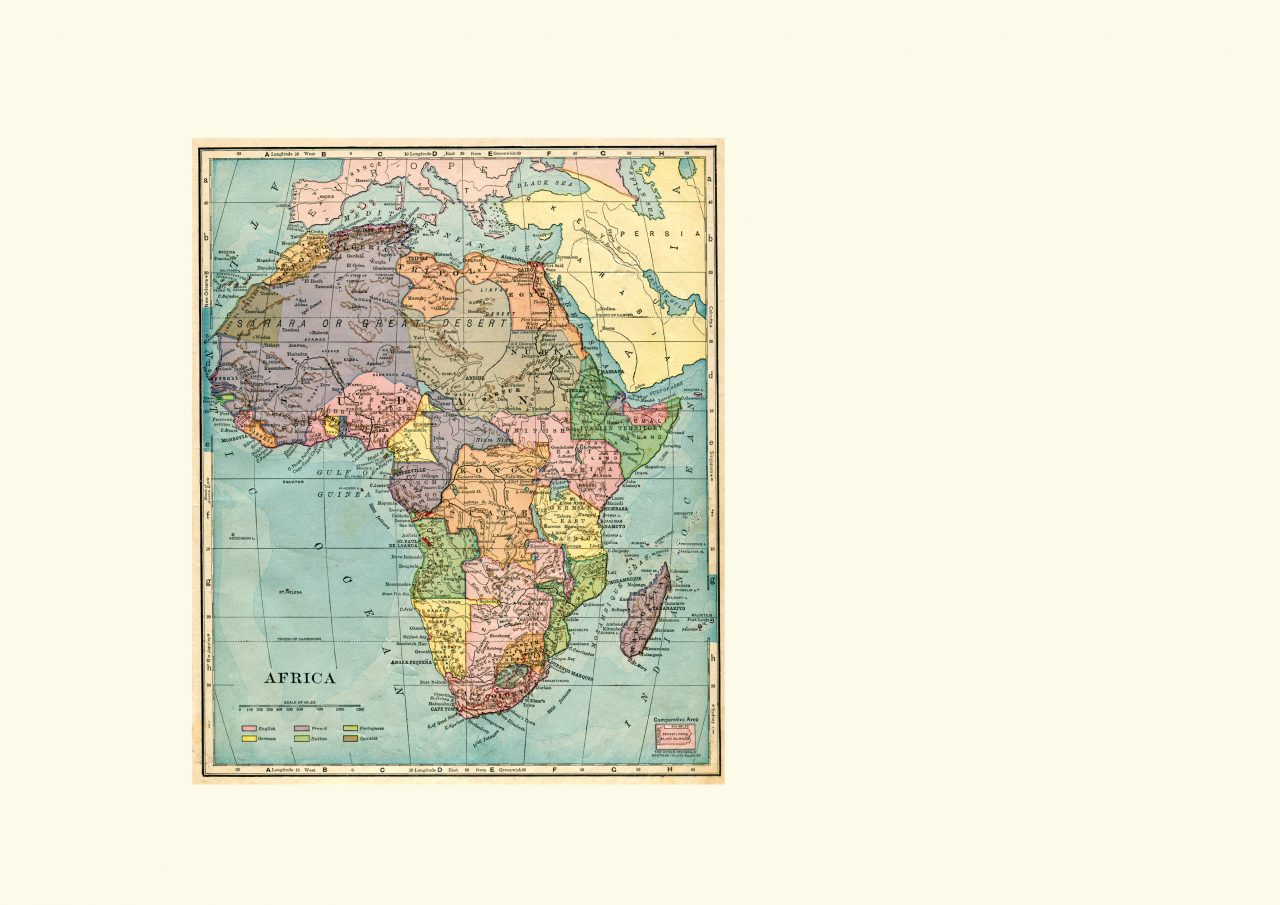
Kart over Afrika som viser kolonier fra 1896
Sources:
- kolonialisme i Store norske leksikon på snl.no.
Hentet 7. januar 2021 fra https://snl.no/kolonialisme
- Gibraltar i Store norske leksikon på snl.no.
Hentet 7. januar 2021 fra https://snl.no/Gibraltar
- study.com (07.01.2021):How Colonialism Spread Languages: Summary & Examples
https://study.com/academy/lesson/how-colonialism-spread-languages-summary-examples.html
- ndla.no (07.01.2021):Kolonialismenhttps://ndla.no/nb/subject:9/topic:1:182163/topic:1:164660/?filters=urn:filter:9132d125-4d8f-41a6-b61d-77741662d5a9
Media rights:
-
-
Getty Images
-
Getty Images
-
Getty Images
-
Getty Images
-
UN Photo / Yutaka Nagata
-
UN Photo / Jean Pierre Laffont
-
Getty Images
-
Getty Images
-


